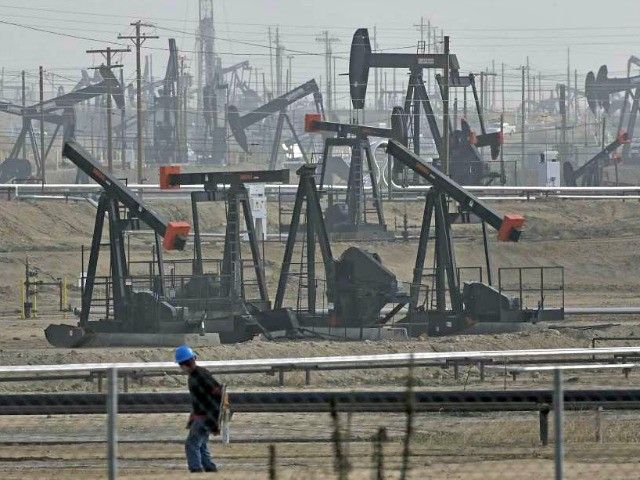That's better than dial up, but it's not really high speed - at least not around here.try these guys
Satellite Connectivity and Managed Networks | Hughes
Hughes is the world's leading provider of broadband satellite services & managed network solutions for communities, businesses and governments. Visit today to…www.hughes.com
We used to get 100 mbps ownload speeds in our old suburban neighborhood, and it was very reliable. Here in the rural areas you're stuck with either satellite internet (like Hughes, which is the slowest of the options) or cellular internet (which uses cell towers for signal, which is what we have). We get anywhere between 5-65 mbps download speeds (right now I'm getting 60 down and 20 up), but it's far from reliable, can't always stream movies. But the bigger high speed companies don't offer hard line service out here, as rural areas aren't big money makers like suburban neighborhoods where all the houses are all close together.
Last edited:















